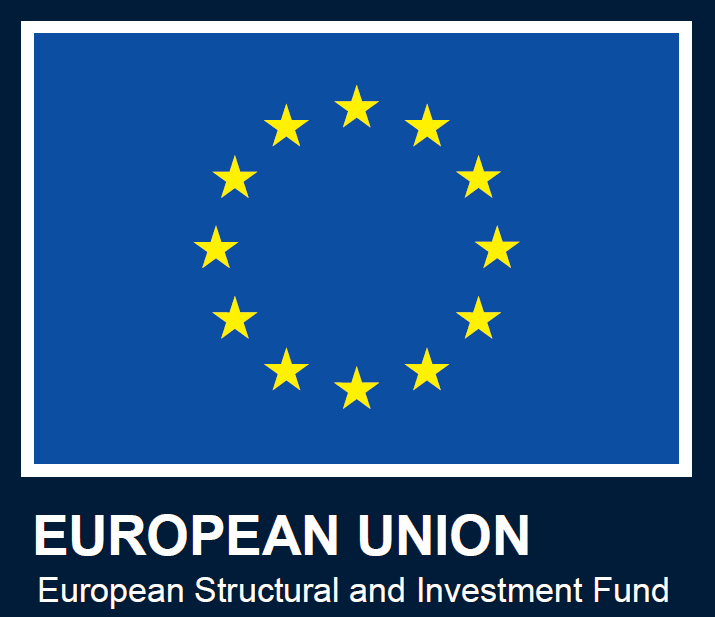- In a groundbreaking move, IMDEA Materials Institute has established a program allowing postdoctoral researchers who have secured competitive talent grants to lead their own research groups.
- Dr. Mónica Echeverry, selected as the first Junior Principal Investigator (PI), stands out for her success in securing a “César Nombela” talent attraction grant from the Community of Madrid.
IMDEA Materials Institute has taken a significant step in its commitment to innovation and the scientific development of young researchers by launching its new Junior Principal Investigator (Junior PI) program.
This program enables postdoctoral researchers who have obtained competitive talent grants to lead their own research groups, providing a platform to demonstrate their leadership capabilities and contribute to advancing knowledge in their respective fields.
Under this new program, IMDEA Materials can proudly announce the establishment of the first research group led by a Junior PI, Dr. Mónica Echeverry.
Dr. Echeverry shared her enthusiasm and vision for this new role in a recent interview with the Institute. She explained that her transition from postdoctoral researcher to leading a research group represents both a significant challenge, and an opportunity to consolidate her experience and knowledge in new research areas.
“For me, from the beginning of my training as a postdoctoral researcher, it has been a challenge because I knew there was much to be done,” said Dr. Echeverry. “Additionally, I wanted to set a precedent by leveraging the experience I already had, and by learning from other groups and materials.”
“That process ultimately involves accumulating experiences in obtaining funding, coordinating people, and synchronising different tasks, as well as identifying new opportunities and research lines that could generate collaborations with other centers.”
Dr. Echeverry’s group, named BCD (Biometals, Coatings, and Devices Group), will focus on three main research areas, the first of which will be biometals.
This line of research will explore the use of metallic materials, such as titanium, magnesium, and zinc, for their potential use in orthopedic implants or for treating cardiovascular diseases.
“Within the grouping of metals, there are those that are biocompatible and which can be used to facilitate regenerative processes in the body,” Dr. Echeverry indicated.
“In our group, we are interested in studying these ‘biometals’ from different perspectives, combining alloy design and the use of different manufacturing strategies such as 3D printing to improve mechanical properties, corrosion resistance, and biological behavior.”
“We will be working with materials that can degrade in the body, such as magnesium and zinc, as well as versatile metals like nitinol, which, although not degradable, have very interesting properties like shape memory and superelasticity”.
Another focus of the group will be research on coatings, which will include advanced techniques such as polymer and biomolecule functionalisation and electrolytic plasma oxidation.
Finally, the group will work on developing medical devices for treating diseases, such as devices for treating brain tumors and stents. “We are working on how we can approach the translational aspect, which is to have devices that we can use in the medical field to treat certain types of diseases,” added Dr. Echeverry.
Dr. Echeverry is the first researcher at the Institute to participate in this initiative. As a scientist, she has an extensive international career, starting in her native Colombia, followed by stints in Argentina, the United States, the Netherlands, and China, before bringing that experience together in Spain and at IMDEA Materials.
“Being a Junior Principal Investigator is a platform that allows scaling and projecting what might happen in the future, which would be to establish a recognised group in the field,” said Dr. Echeverry.
“So, it is an opportunity to demonstrate, through the generation of new projects, training of students, attracting funding, and new collaborations, that this line of research can contribute significantly to addressing needs both at the national level and in an international context.”
Recently, Dr. Echeverry was awarded the “César Nombela” talent attraction grant from the Community of Madrid. This grant will enable her to continue her innovative work in the field of biomaterials and medical devices.
“The Community of Madrid has bet on supporting and attracting talent to create opportunities that can encourage and incentivise high-quality researchers to work in Spain,” explained Dr. Echeverry. “I am very pleased to have been awarded it. Behind it is a lot of work and effort. It is recognition of many years of work in the field of biomaterials,” she added.
The BCD Group already has an established team, including three PhD students and several collaborations with other postdoctoral researchers. This new position will also give Dr. Echeverry the opportunity to establish her research lines, invite researchers from other centers to give seminars, and attract postdoctoral researchers.



